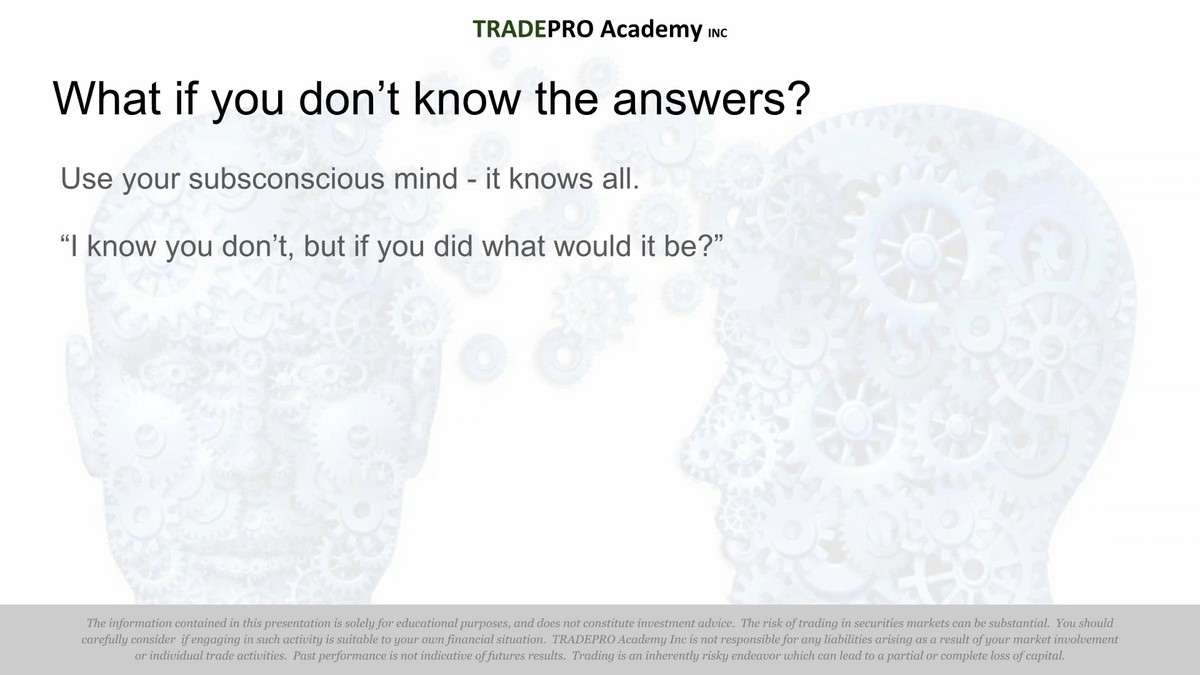

==================================
Fear of Missing Out (FOMO) is a pervasive issue among traders, especially in volatile markets like stock trading. FOMO can lead to impulsive decisions, irrational trading behavior, and ultimately, financial losses. In this comprehensive guide, we’ll explore how FOMO influences stock trading, provide actionable strategies for avoiding it, and share insights into how managing FOMO can improve your trading performance.
- What is FOMO in Stock Trading?
———————————
1.1 Definition of FOMO
FOMO, or Fear of Missing Out, refers to the anxiety or fear traders feel when they see others making profits from a particular stock or market trend and worry that they might be left behind if they don’t act immediately. It often leads to hasty decisions, such as buying stocks without proper analysis or rushing into trades just to avoid missing an opportunity. FOMO is closely tied to psychological biases, including herding behavior, loss aversion, and overconfidence.
1.2 How FOMO Affects Trading
When FOMO takes control of a trader’s behavior, they may:
- Enter trades impulsively: Rushing into trades without a clear strategy or proper risk management.
- Overtrade: Increasing their position size or frequency of trades in an attempt to capitalize on every perceived opportunity.
- Chase trends: Buying into stocks that have already experienced significant gains, leading to buying at the peak and selling at the trough.
This behavior can be particularly dangerous in volatile markets where stock prices fluctuate rapidly. FOMO can cloud judgment, resulting in poor decision-making and substantial losses.
- Why FOMO is Risky for Traders
——————————–
2.1 Impact on Trading Psychology
FOMO disturbs a trader’s emotional balance and can lead to poor risk management. Trading is a psychological game, and emotions such as fear, greed, and impatience can influence decisions far more than technical or fundamental analysis.
- Stress and anxiety: Constantly worrying about missing the next big trade can cause stress, which impairs decision-making and can lead to errors.
- Lack of discipline: FOMO often leads traders to deviate from their trading plans, ignoring stop-loss levels, taking on excessive risk, or disregarding pre-defined entry and exit points.
This lack of emotional control can make trading less predictable and more prone to costly mistakes.
2.2 FOMO and Losses
FOMO leads to buying at the wrong time—often after a stock has made significant gains. This can cause traders to purchase assets at inflated prices, resulting in substantial losses when the market corrects or reverses. Additionally, trading based on emotions rather than sound analysis typically leads to chasing losses, where traders keep throwing money into losing positions in hopes of making up for previous mistakes.
- How to Avoid FOMO in Stock Trading
————————————-
3.1 Develop a Solid Trading Plan
One of the most effective ways to combat FOMO is to establish and stick to a solid trading plan. A well-thought-out plan acts as a guideline for your actions in the market, keeping you focused and disciplined.
3.1.1 Key Components of a Trading Plan
- Clear goals: Set specific, measurable, and achievable goals for your trading. This helps you focus on long-term success rather than short-term market moves.
- Risk management: Define the amount of capital you’re willing to risk on each trade (e.g., 1% per trade). Use stop-loss orders to limit potential losses.
- Entry and exit rules: Decide in advance the conditions under which you will enter and exit trades. This prevents the impulse to buy or sell based on FOMO.
- Position sizing: Determine the appropriate position size based on your risk tolerance and account size. Avoid using large positions that could make you more susceptible to emotional decisions.
3.1.2 Benefits of Having a Plan
- Reduces emotional trading: Having clear rules and boundaries helps you avoid impulsive decisions driven by FOMO.
- Consistency: A trading plan ensures that you apply the same strategy across all trades, leading to more predictable results.
- Focus: By following a plan, you are more likely to stay focused on your goals, rather than getting distracted by market noise.
3.2 Set Realistic Expectations
Expecting to win on every trade is one of the primary causes of FOMO. In reality, losses are an inevitable part of trading. Therefore, managing your expectations and being prepared for setbacks is crucial.
3.2.1 How to Set Realistic Expectations
- Accept losses: Understand that no strategy guarantees 100% success. Losses are part of the learning process and should be viewed as opportunities for improvement.
- Aim for consistency: Rather than aiming for large, sporadic wins, focus on generating consistent profits over time. This approach minimizes the need to chase big trades and reduces FOMO.
- Know when to step away: Sometimes the best decision is to stay out of the market entirely. Being selective with your trades helps you avoid the temptation to jump into every opportunity that comes your way.
3.3 Use Automated Trading Strategies
Automated trading systems, such as algorithmic trading and copy trading, can be powerful tools to eliminate the emotional component from trading. By relying on pre-defined rules and algorithms, you can avoid the emotional ups and downs that FOMO creates.
3.3.1 Benefits of Automated Trading
- Emotion-free execution: Automation ensures that trades are executed based on logic, not emotions.
- Consistency: Automated strategies follow consistent rules, avoiding the impulsiveness of human decision-making.
- Backtesting: Before going live, you can backtest automated strategies to see how they would have performed in the past, increasing your confidence in their effectiveness.
3.4 Take Regular Breaks
Constantly monitoring the markets can intensify FOMO, especially when you see other traders making profits. Taking regular breaks from trading can help you maintain a clear perspective and avoid being swept up in the action.
3.4.1 Benefits of Taking Breaks
- Reduced stress: Stepping away from the market allows you to clear your mind and come back with a fresh perspective.
- Prevents overtrading: Breaks can help you avoid the temptation to trade too frequently, especially during periods of uncertainty or high volatility.
3.5 Focus on Long-Term Goals
Traders who are focused on short-term gains are more likely to fall victim to FOMO. Shifting your mindset to prioritize long-term success can help you stay grounded and avoid chasing fleeting opportunities.
3.5.1 How to Focus on Long-Term Goals
- Develop a strategy that aligns with long-term trends rather than short-term volatility.
- Track your progress: Keep a journal of your trades to assess whether you are consistently following your long-term strategy.
- Review your performance periodically to ensure that you’re on track toward meeting your goals, rather than being swayed by momentary market movements.
- Frequently Asked Questions (FAQ)
———————————–
4.1 How do I identify FOMO in my trading behavior?
FOMO often manifests as the impulsive urge to buy or sell stocks simply because others are doing it, or because you fear missing out on potential profits. If you find yourself trading without clear analysis or disregarding your plan, it’s likely FOMO influencing your decisions.
4.2 Why is FOMO so difficult to overcome in stock trading?
FOMO is tied to human psychology and the desire for instant gratification. The fear of missing out on profits can override rational thinking, making it difficult to resist the temptation to act impulsively. This is why developing a structured trading plan and managing emotions are critical in overcoming FOMO.
4.3 How can I train myself to avoid FOMO?
Start by focusing on discipline and consistency in your trading approach. Stick to your trading plan, set realistic expectations, and use automation where possible. Regular reflection on your trades, as well as taking breaks when needed, will help you maintain a clear perspective and avoid emotional decision-making.
- Conclusion
————-
FOMO is a powerful force in stock trading, but it is not inevitable. By developing a solid trading plan, managing your emotions, setting realistic expectations, and using automated tools, you can greatly reduce the impact of FOMO on your trading decisions. Remember, trading is a marathon, not a sprint. Focus on long-term consistency and discipline, and you’ll be better equipped to avoid the pitfalls of FOMO and achieve success in the markets.